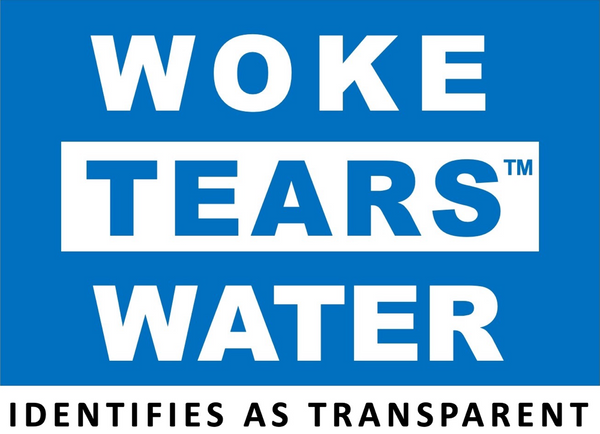Water is essential for life, and many of us turn to bottled water for a convenient and portable source of hydration. But have you ever stopped to wonder if that bottle of water sitting in your pantry could actually go bad? Does water have a shelf life? In this blog, we'll explore the topic of the shelf life of bottled water and what factors can influence it.
Does Water Expire?
The short answer is no, water itself does not expire in the same way that food and beverages with organic components do. Pure water, H2O, is a stable compound, and under normal conditions, it does not support the growth of bacteria, molds, or other microorganisms. This means that water won't spoil or go rancid like some other products.
However, this doesn't mean that bottled water can't undergo some changes over time. The quality and taste of bottled water can be influenced by various factors, and while it may not "expire" in the traditional sense, it might not taste as fresh as you'd like if stored for too long.
Factors Affecting the Shelf Life of Bottled Water
- Light: Exposure to sunlight or fluorescent lighting can cause chemical reactions in bottled water, leading to a slightly altered taste. It's best to store your bottled water in a cool, dark place to prevent this.
- Temperature: Temperature fluctuations can affect the taste of bottled water. Extreme heat can cause the plastic in the bottle to leach into the water, potentially giving it a plastic-like taste. Extreme cold, on the other hand, might affect the texture and taste of the water. It's best to store bottled water at a consistent temperature.
- Expiration Dates: Most bottled water brands include a "best by" or "use by" date on their packaging. While the water itself may not expire, these dates serve as a guideline for when the water is expected to taste its best. Consuming water before this date is recommended for optimal quality.
- Contamination: If a bottle of water is opened and not consumed immediately, it can become contaminated by bacteria or other microorganisms from the environment. Once the bottle is opened, it's best to consume the water within a few days and keep it tightly sealed when not in use.
- Flavor Additions: Some bottled waters have added flavors, minerals, or electrolytes. These additives may have their own shelf lives and can potentially impact the overall quality of the water over time.
Tips for Maintaining Water Quality
To ensure that your bottled water tastes as fresh as possible:
- Store it in a cool, dark place away from direct sunlight and extreme temperatures.
- Use it before the expiration date for the best taste.
- Keep the bottle sealed when not in use.
- Avoid storing water near strong-smelling chemicals or materials that could affect its taste.
While water itself doesn't expire, the quality and taste of bottled water can be influenced by several factors. It's always a good idea to check the expiration date and follow recommended storage guidelines to enjoy the freshest-tasting water possible. In general, if you have stored your bottled water properly and it's within the recommended time frame, there's no need to worry about it going bad. So, drink up and stay hydrated without any concerns about the water in your pantry!

